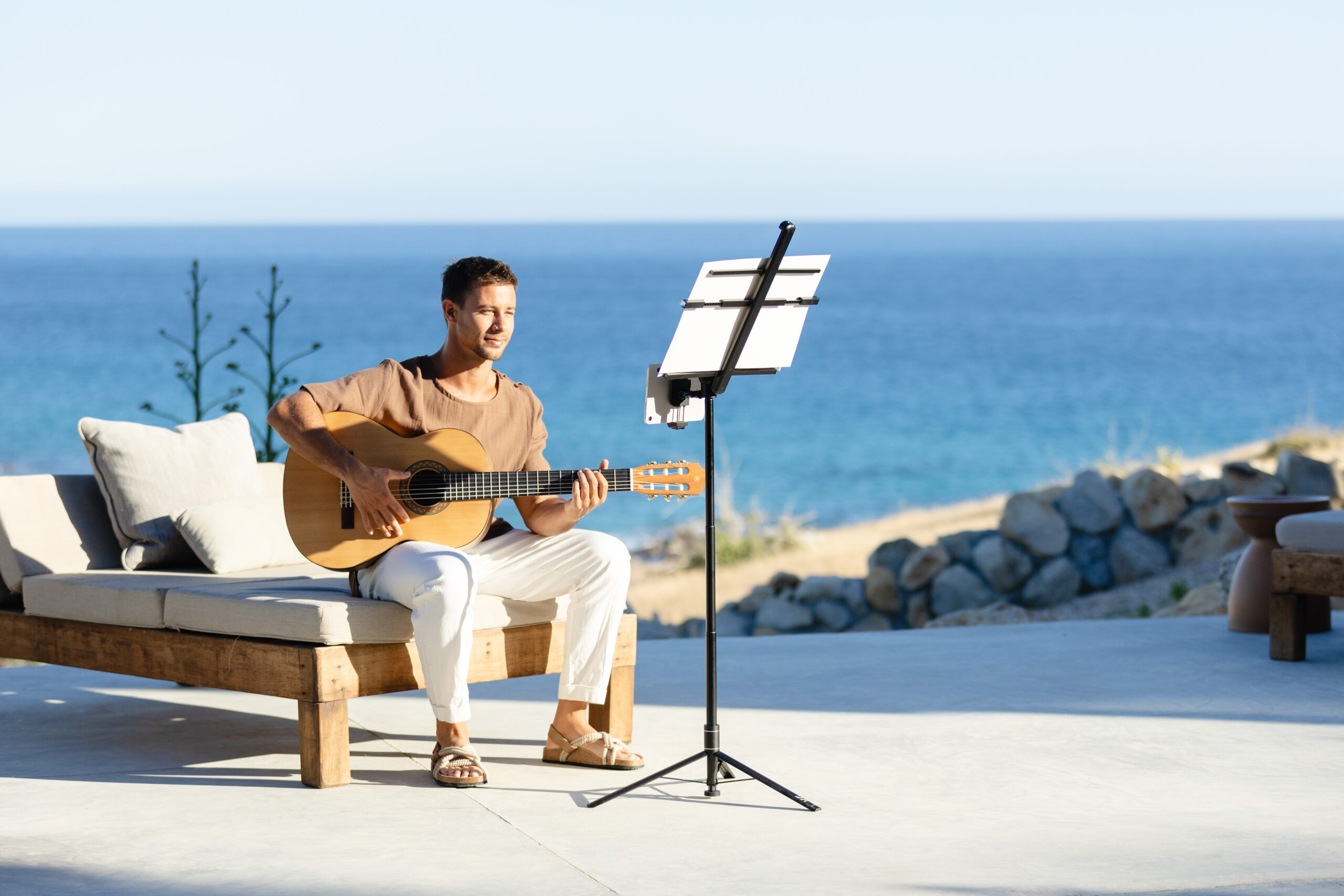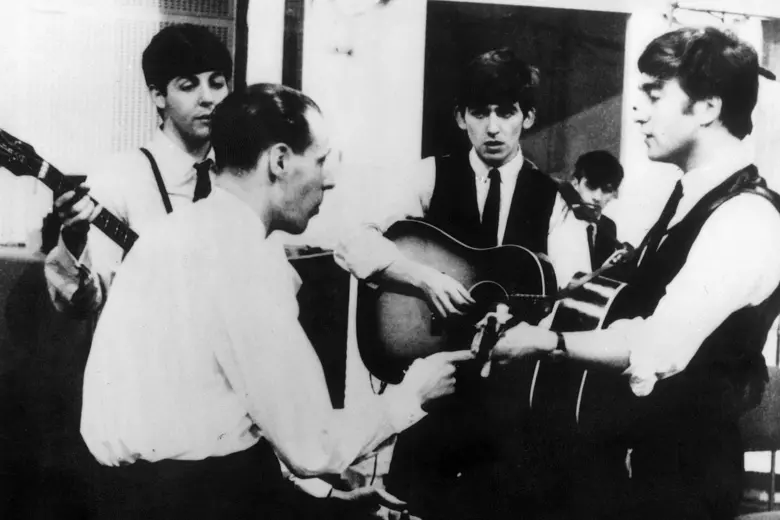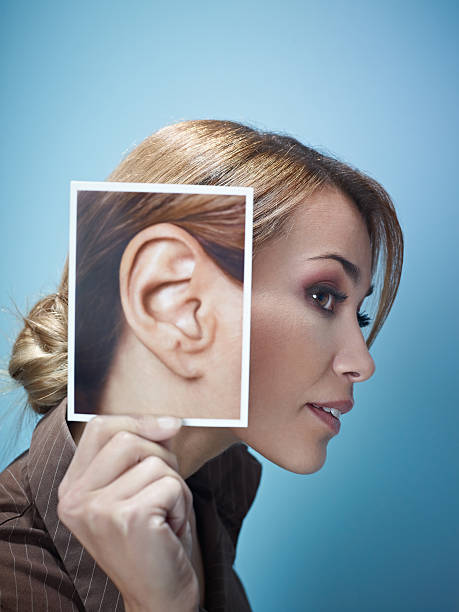I remember my first guitar – the sheer excitement of just wanting to hit the strings and play a song and feel how it adjusts to my hand. Having your own instrument is truly is a unique experience. Where nowadays most might prefer an iPad or a fancy cell phone, a musical instrument is different. Some might argue but it’s definitely way more worth it in terms of what you can attain or achieve with it. Anyways, a little off topic – I’m not going to be talking about mobile devices and musical instruments but more about the development of the ear training while in the early stages of musical growth.
An Environment For Ear Training
Our surroundings influence our everyday lives in more ways than we realise and therefore should be recognised and analysed from a musical point of view. In the past few months if there’s one thing I have learned. It is that many of us naturally get caught up in the everyday life of work, traffic, stress etc. We don’t always have time to break away for a few minutes to listen to a cool song or melody. The truth is listening to music every day or as much as one can. Regardless of the genre or instrument, listening especially to the music you enjoy is as vital as practice. Your ears will be become accustomed to picking up familiar phrases in the music. This allows ear training to develop organically.
Sure, not everybody wants to become a full-time musician or takes it so seriously but, listening to music should be one of the easiest and relaxing chores. Just through some of my student encounters I have seen how quickly one can develop by internalising music by simply listening. This will the evolve to develop to the actual physical part of playing and mimicking phrases you hear. Never mind the perfect pitch studies and all that. Just by listening and enjoying it is at least 50-70 percent of the work.
Choosing What To Play
Now, if you’ve got no idea how most musical instruments work or sounds, yet you have found yourself wanting to learn to play something musical, I know what you’re thinking and it’s a no-brainer. Yet, people often find themselves after a long period of time, dedicating hundreds of hours of practice and dedication to an instrument, only to realise that they had started with the wrong instrument. Now, a few tips and suggestions may clear things up and make it easier to choose your instrument of sound.
Firstly, genre – this will all sound too familiar but to know what sort of music attacks you can sometimes only come later. Many genres bring out different qualities of different instruments such as saxophone in Jazz, piano in Classical music, cello in Orchestral music, and guitar in Blues Rock.
Also, understanding that every instrument has pros and cons. While some may take more work than others to play. By understanding these questions and being honest with yourself is a good start. Many people start because of peer pressure or are obligated by a parent. So it is not always your own or the sound that really resonates with you.
Subscribe to our newsletter here – https://www.guitarexcellence.co.za/ne…
© Guitar Excellence 2017 All Rights Reserved





Comments (0)